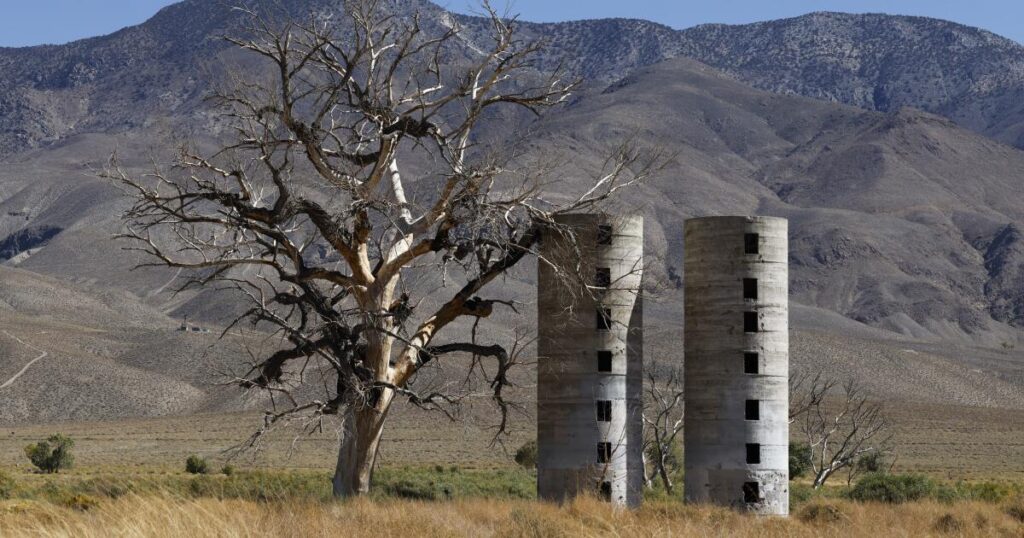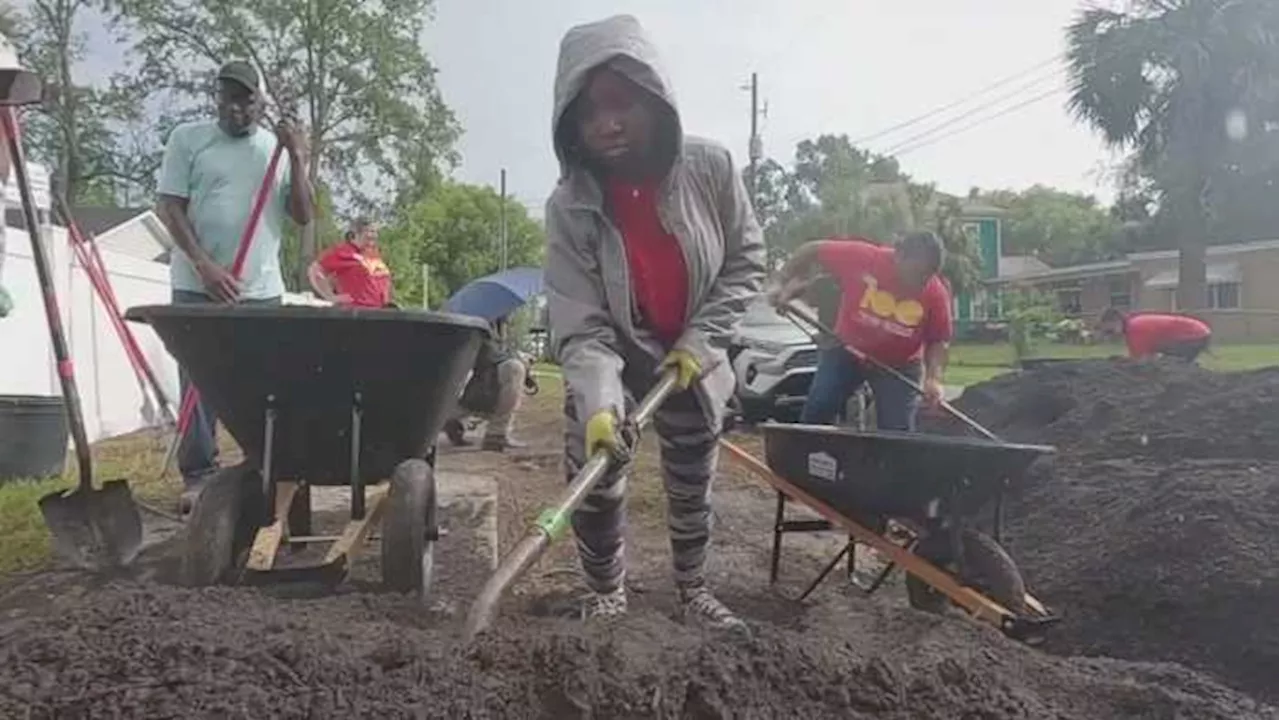
UPDATE: Tensions escalate in Owens Valley as Native tribes demand Los Angeles reduce its groundwater pumping, claiming the city’s actions are devastating their ancestral lands. The call for urgent action comes as L.A. continues to draw water from 105 wells in the valley, impacting the environment and tribal livelihoods.
In a striking desert landscape, a series of electric pumps send water surging into canals, part of L.A.’s extensive water system. This practice, rooted in a 1936 agreement, has led to severe ecological consequences, with tribal leaders arguing that their homeland, once a thriving ecosystem, is now parched and lifeless.
“We’ve seen so many impacts from groundwater pumping,” states Teri Red Owl, executive director of the Owens Valley Indian Water Commission. The Bishop Paiute Tribe leader emphasizes the dire need for change, citing the drying up of wetlands and native vegetation as alarming signs of environmental degradation.
The Bishop, Big Pine, and Lone Pine Paiute-Shoshone tribes are rallying for rights to water and land that were lost over a century ago. They seek recognition and a return to sustainable practices that once flourished in their homeland, known as Payahuunadü, or “the land of flowing water.”
Historically rich with springs and streams, the valley has suffered under the weight of L.A.’s water extraction practices. Red Owl describes the current situation as a “man-made drought,” where once-lush environments have been replaced by dry expanses bearing the marks of exploitation.
A recent letter from a coalition of 30 professors and researchers urges L.A. Mayor Karen Bass to reopen negotiations with the tribes, emphasizing that it is time to address their needs for land and water rights. The tribes currently lack legal recognition of these water rights, a situation that has persisted for decades.
Despite the ongoing crisis, L.A. officials assert that their water management practices are sustainable. Adam Perez, director of water operations for the L.A. Department of Water and Power (DWP), claims the city now pumps significantly less water from the valley compared to the 1970s. Yet, this assertion is met with skepticism from tribal leaders, who argue that the groundwater extraction continues to devastate their lands.
“We’re just a water colony,” Red Owl said, driving past signs marking L.A. city property, highlighting the stark reality faced by the tribes. The DWP plans to pump between 62,000 and 83,000 acre-feet of groundwater this year, accounting for roughly 12% to 16% of Los Angeles’ annual consumption, yet the city insists this water is used locally for community needs, not sent to Los Angeles.
However, the environmental impacts remain profound. Noah Williams, a member of the Bishop Paiute Tribe, reflects on the desiccated landscapes where vibrant springs once thrived, stating, “There are some of the water marks,” pointing to remnants of a thriving ecosystem now lost to excessive water extraction.
The tribes are not alone in their concerns. Environmental advocates question the effectiveness of L.A.’s restoration projects, arguing that insufficient measures are being taken to revive the valley’s ecosystems. Lynn Boulton, conservation chair for the Sierra Club, notes the persistent loss of riparian habitat and warns that without significant reductions in pumping, biodiversity will continue to suffer.
Amidst these developments, the tribes persist in their efforts to cultivate their limited lands, hoping for a future where water flows freely again. Thomas River Watterson, a member of the Bishop Paiute Tribe, emphasizes the need for more water to restore their natural heritage. “If that doesn’t change, you’ll see everything start drying up,” he warns, echoing the sentiments of many who feel the weight of history bearing down on their future.
As the situation unfolds, all eyes are on the negotiations between the tribes and Los Angeles officials. The urgent call for action is clear: the tribes seek recognition and restoration of their rights to water and land, vital for their survival and the revival of their homeland. The outcome of these discussions could reshape the future of Owens Valley, making it a pivotal moment in the ongoing struggle for environmental justice and indigenous rights.







